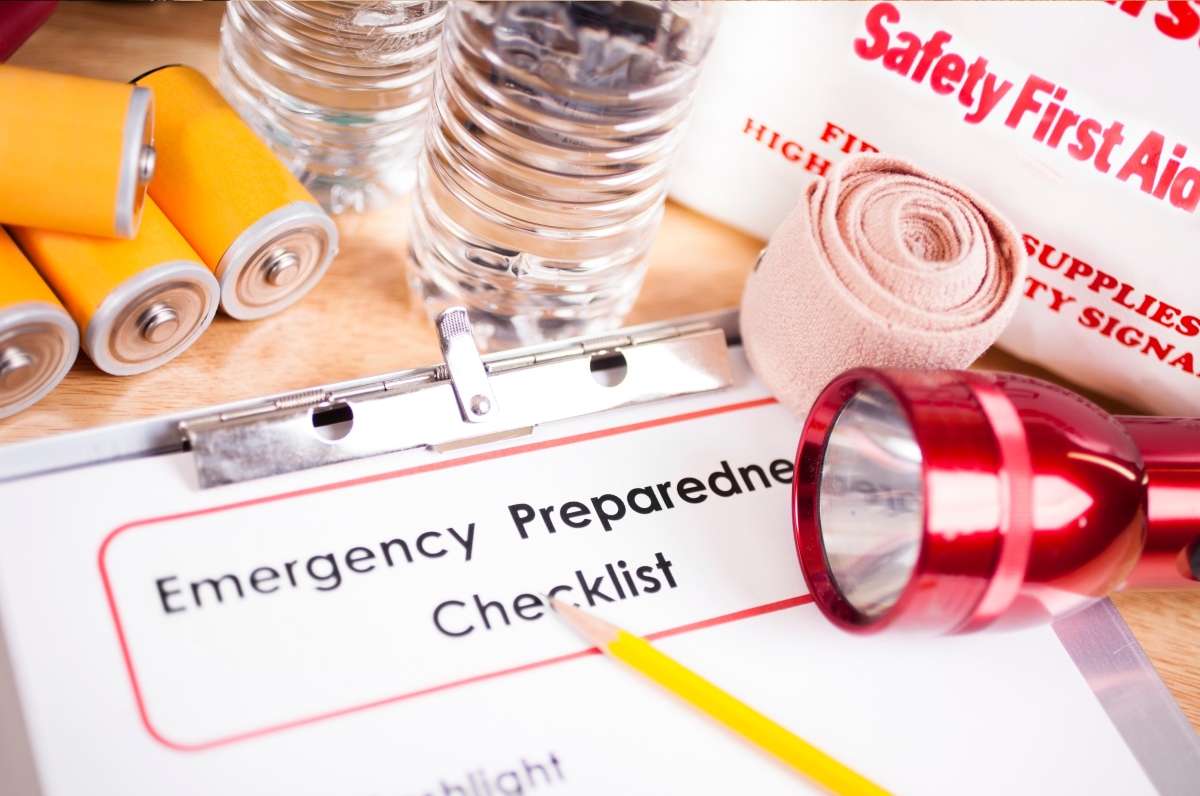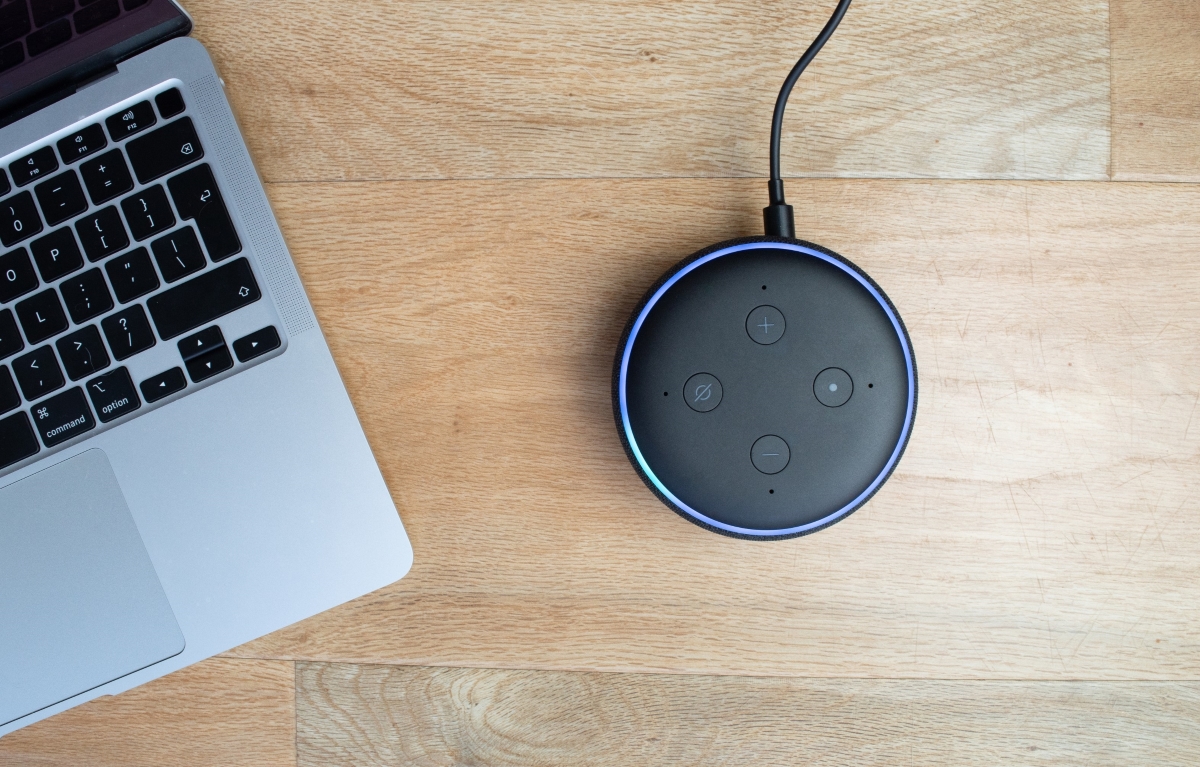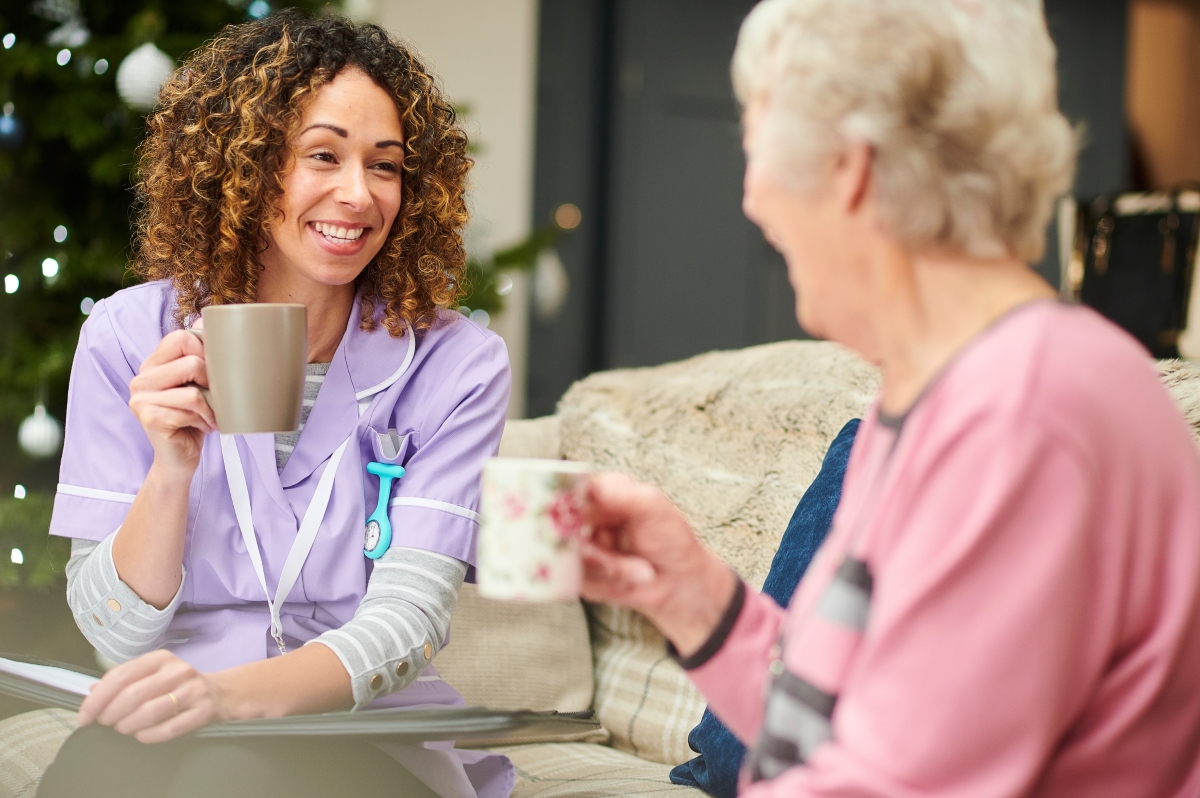How to Prepare for Health Emergencies in Your Golden Years

Health emergencies can happen at any time, and as we age, the importance of being prepared for such situations grows. The good news is that taking a few simple but thoughtful steps can make a huge difference when an unexpected health issue arises. Knowing how to handle medical emergencies with a clear plan is crucial, particularly during your golden years, when you want to focus on enjoying life rather than worrying about what might happen.
Preparation doesn’t mean living in fear or anxiety. Instead, it’s about empowering yourself with knowledge and taking practical steps to equip you and your loved ones better to face challenges that may arise. This guide will provide you with actionable ways to prepare for health emergencies in a practical and effective manner.
1. Create and Organize Your Medical Records

One of the first steps in preparing for a health emergency is ensuring that all your medical information is accessible and up to date. Whether it’s allergies, medications, or existing health conditions, having a comprehensive medical history readily available can save precious time in an emergency.
Start by gathering all relevant documents, such as:
- Health insurance details
- Prescription lists
- Medical history, including surgeries or chronic illnesses
- Information on allergies or adverse reactions to medications
Organize these documents in a binder or folder easily accessible to you and your loved ones. You may also want to consider digitizing and storing this information on a USB drive or a secure cloud service. This way, regardless of your location, healthcare providers can have immediate access to your medical history, allowing for faster and more effective treatment. Keeping both physical and digital copies ensures you have options during an emergency.
2. Designate a Healthcare Power of Attorney
It’s important to have someone you trust who can make healthcare decisions on your behalf if you cannot do so. This is where a healthcare power of attorney (POA) comes in. Your POA is a person you designate to make medical decisions for you if you are incapacitated.
This individual should be someone you trust implicitly, as they may be required to make crucial decisions regarding your health. It’s wise to have a detailed conversation with them about your wishes, preferences, and specific instructions for potential health scenarios. Ensure they have access to your medical records and any advance directives, such as a living will.
Having a designated POA is a key step in being prepared for emergencies. It ensures that healthcare decisions align with your values even if you can’t voice them yourself.
3. Make a List of Emergency Contacts

When a health emergency occurs, having a list of emergency contacts can make things easier for you and medical personnel. This list should include your closest family members, friends, and healthcare providers who can be contacted if something happens to you.
Place this list somewhere easily visible in your home, such as on the refrigerator or near the phone. If you have a smartphone, store these contacts in a special “In Case of Emergency” (ICE) section. Medical alert systems and apps can also help store emergency contact information, making it instantly accessible to first responders.
4. Pack an Emergency Kit

An emergency kit is essential for being prepared during any health crisis. While many people think of emergency kits as supplies for natural disasters, a medical emergency kit is equally crucial, especially as you grow older. If needed, this kit should be easy to grab and take to the hospital.
Here’s a suggested list of what to include in your emergency kit:
- A copy of your medical records
- Current medications in their original containers
- Health insurance card
- A phone charger (to keep communication lines open)
- A small amount of cash (for immediate needs)
- Emergency contact information
- Any medical devices you may use (such as a glucose meter or inhaler)
Review and update the contents of this kit regularly. Store it in an easy-to-reach place where you or someone assisting you can find it quickly in a crisis.
5. Know the Warning Signs of Common Medical Emergencies

One of the best ways to be prepared for a health emergency is to recognize the early signs and symptoms of common medical conditions that may require immediate attention. Understanding these signs can help you take quicker action, whether calling an ambulance or seeking immediate medical help.
Here are a few conditions to watch for:
- Heart attack: Chest pain, shortness of breath, sweating, nausea, and discomfort in the arms, back, neck, or jaw.
- Stroke: Sudden confusion, trouble speaking, dizziness, numbness, or weakness on one side of the body. Remember the acronym FAST (Face drooping, Arm weakness, Speech difficulty, Time to call 911).
- Severe allergic reactions: Swelling, difficulty breathing, rapid pulse, or confusion.
Familiarizing yourself with these warning signs ensures that you or someone around you can respond quickly and appropriately during an emergency.
6. Consider a Medical Alert System

A medical alert system can provide peace of mind and quick access to help, especially if you live alone. These systems allow you to contact emergency services with the push of a button. They may also include automatic fall detection, which can trigger an alert even if you’re unable to press the button.
These devices come in different forms, from wearable pendants to mobile apps. Some are GPS-enabled, allowing first responders to locate you quickly, particularly if an emergency happens while you’re out and about. Research the various systems available and choose one that suits your lifestyle and needs.
7. Practice Self-Care to Reduce Risk

Being prepared for emergencies is important, but equally essential is maintaining your health to reduce the risk of such situations arising in the first place. Practicing good self-care can minimize the likelihood of facing certain health emergencies. This includes:
- Regular check-ups: Schedule routine visits with your healthcare provider to monitor existing conditions and catch any new health concerns early.
- Healthy diet and exercise: Eat a balanced diet rich in fruits, vegetables, whole grains, and lean proteins. Staying active with regular exercise can help maintain heart health, improve mobility, and reduce the risk of falls.
- Medication management: Take your medications as prescribed and ensure you know of any potential side effects or interactions.
By focusing on prevention, you’re preparing for emergencies and improving your overall quality of life.
8. Stay Connected with Loved Ones

One of the biggest challenges many seniors face is isolation, which can make health emergencies more difficult to handle. Staying connected with family, friends, and your community is emotionally beneficial and can be lifesaving in an emergency.
Regularly check in with your loved ones and consider setting up a routine where you touch base daily or weekly. If something unexpected happens, they will be more likely to notice if they haven’t heard from you and can offer help when needed.
Conclusion

Preparing for health emergencies in your golden years isn’t just about safeguarding your future; it’s about giving yourself the peace of mind to enjoy life without the constant worry of “what if?” By organizing your medical records, designating a healthcare power of attorney, creating an emergency kit, and staying connected to loved ones, you’re taking proactive steps to ensure you and those around you are ready for the unexpected.
With the right preparation, you’ll be better equipped to handle any emergency that comes your way, allowing you to focus on living fully and enjoying the vibrant years ahead.





